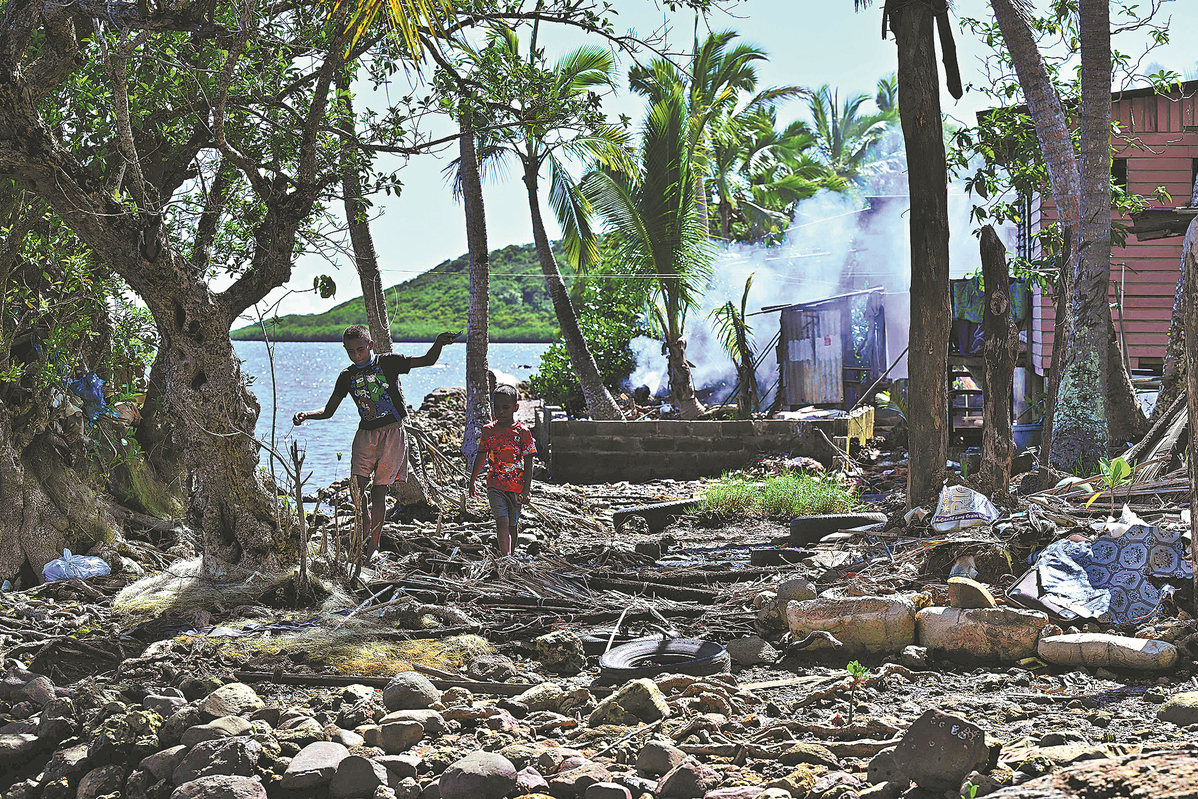Pacific islanders feeling the full force of climate change


Islanders across the Pacific Ocean are watching their homes and way of life slowly disappear as seawater levels rise and saltwater turns once-clean drinking water into brine.
These factors, brought about by climate change, are having an impact on water and food security, and the region's fragile biodiversity and culture.
Pacific island nations are not industrial powerhouses, but they experience the full impact of climate change by default, as outlined recently in the 2023 Asia-Pacific SDG Progress Report of the UN Economic and Social Commission for Asia and the Pacific, or ESCAP.
The body, which is based in Bangkok, said that at the current pace, the Asia-Pacific region will miss all or most of the climate targets outlined in the Sustainable Development Goals, or SDGs.
"Progress toward climate action is slipping away. The region is both a victim of the impact of climate change and a perpetrator of climate change," the report said.
The World Risk Index published by Ruhr University Bochum in Germany said that of all the regions in the world, the Pacific has the highest risk from climate change due to "high exposure to extreme natural events".The risk is not only a question of exposure to climate change, but also a lack of adaptation to such change.
The Index states: "This underscores the very real challenge that climate change presents to the Pacific and the importance of focusing on developing sustainable growth that utilizes local resources, especially the resources of the Pacific Ocean, for development."


















